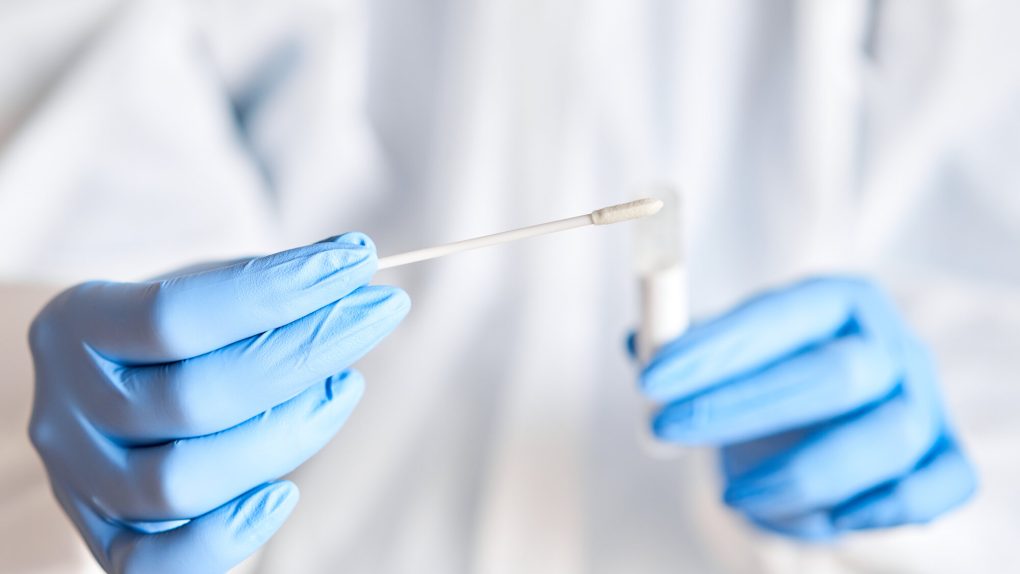Just as the COVID-19 vaccination campaigns started in Europe and North America in late December, reports began detailing the scary new coronavirus mutations that had emerged around the world. The UK strain (B.1.1.7) fueled a massive surge in the country, reaching its peak in the first weeks of January. But current vaccines are still effective against the UK variant. Another strain (B.1.351) was dominant in regions of South Africa as well, and research that followed showed it could evade the action of neutralizing antibodies, threatening to reduce the efficacy of vaccines. The Brazilian version (P.1) also turned out to have similar “powers,” with health officials worrying that the mutant could reinfect survivors and reduce vaccine efficacy.
An increasing number of studies showed that the current vaccines provide protection against the circulating strains, especially the B.1.1.7 strain that spread rapidly to other countries. But both B.1.351 and P.1 could evade antibodies. Vaccine makers, including Pfizer/BioNTech and Moderna, have released their own research demonstrating continued vaccine effectiveness against mutants. But they also said they’re working on vaccine versions adapted for the mutations. Moderna announced a new vaccine trial on Thursday for two different versions of its mRNA vaccine that were created to neutralize the B.1.351 strain.
The B.1.351 and P.1. strains feature several mutations, including genetic changes that impact the coronavirus’s spike protein. That’s the component that vaccines target, teaching the immune system to develop antibodies that can prevent the spike protein from infecting cells. Moderna said in its announcement that its original vaccine produced neutralizing antibodies against all key variants tested, including the UK and South African strains. But Moderna saw a “6-fold reduction in neutralizing titers against B.1.351.”
Moderna has three vaccination strategies in place to increase vaccine efficacy against variants. One involves providing a booster shot of mRNA-1273 to see whether it can increase protection against mutations.
But Moderna has also developed two additional vaccines that target B.1.351 “out of an abundance of caution.” Those vaccines are part of a Phase 2 study which has 60 participants who have already been vaccinated with two doses of the standard mRNA-1273 drug. The Phase 2 study will be an amendment to the currently ongoing Phase 2 clinical trial.
A third of the volunteers will get 20 µg of the mRNA-1273.351 candidate that targets the South African strain. A third of the volunteers will be inoculated with 50 µg of mRNA-1273.351. The final 20 will get 50 µg of a multivalent booster candidate. The mRNA-1273.211 variant combines the original mRNA-1273 drug with the mRNA-1273.351 in a single vaccine. The latter is “designed to elicit a broad immune response as both a primary series and when administered as a boost to those who have previously received mRNA-1273,” the company said.
Moderna also said that the National Institute of Allergy and Infectious Diseases (NIAID) would conduct a Phase 1 clinical trial to study both the monovalent and multivalent versions of mRNA-1273 vaccines. The drugs will be tested as primary series in non-vaccinated people and booster shots in volunteers who were already vaccinated with the original drug. The NIAID study will await FDA approval before enrolling volunteers.








